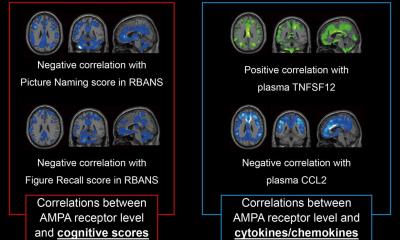News • Long Covid research
Covid-19 symptoms persist in half of young adults 6 months after
A new paper on long-Covid describes persistent symptoms six months after acute Covid-19, even in young home isolated people.

Image source: Unsplash/Angin Akyurt
The study from the Bergen Covid-19 Research Group, which was published in the journal Nature Medicine, followed infected patients during the first pandemic wave in Bergen. "The main novel finding is that more than fifty per cent of young adults up to 30 years old, isolated at home, still have persistent symptoms six months after mild to moderate disease", the leader of the group, Professor Nina Langeland at the Department of Clinical Science explains.
The most common symptoms were loss of smell and/or taste, fatigue, shortness of breath, impaired concentration, and memory problems. "There was a significant correlation between high antibody levels and symptoms in home isolated patients, other risk factors for symptoms were asthma or other chronic lung disease", says Professor Rebecca Cox, Head of the Influenza Centre at University of Bergen and Haukeland University Hospital and co-leader of the research group.
Recommended article

News • Coronavirus disease symptom
Exploring why COVID-19 makes people lose their sense of smell
Doctors have reported that partial or total loss of the sense of smell is often an early symptom of infection with SARS-CoV-2, the virus that causes COVID-19. Now, researchers reporting in ACS Chemical Neuroscience have shown that in mice, two proteins required for SARS-CoV-2 entry are produced by cells of the nasal cavity that contribute to odor detection.
In non-hospitalized Covid-19-patients, thirty per cent experienced fatigue which was the most common symptom. Children under the age of 16 years had fewer long-term symptoms than adults, but Associate Professor Bjørn Blomberg at the Department of Clinical Science, and first author of the article, underlines: "The cognitive symptoms of impaired memory and concentration difficulties are particularly worrying for young people at school or university and highlights the importance of vaccination to prevent the long-term health implications of Covid-19".
Source: University of Bergen
26.06.2021





